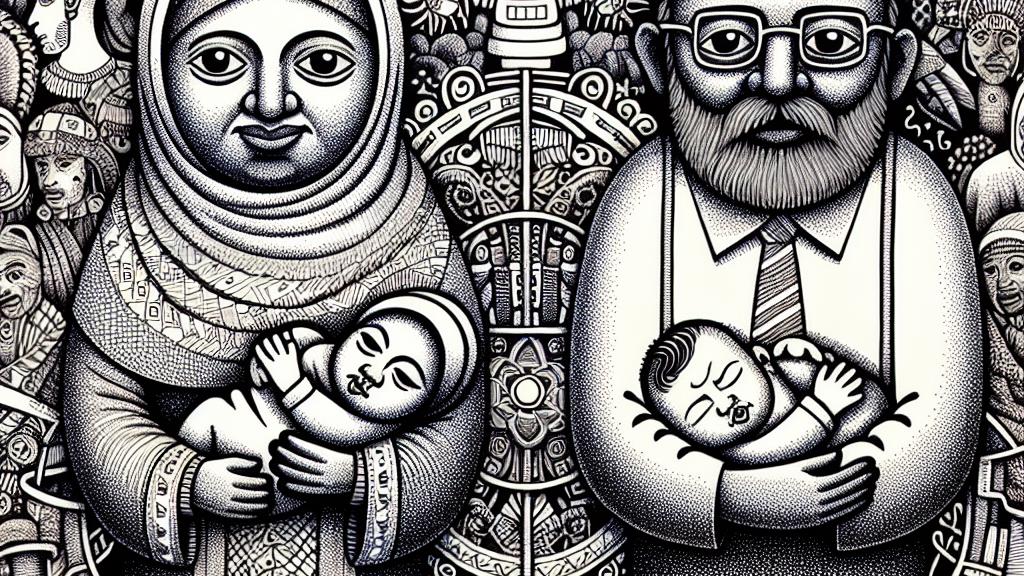Breaking Down Barriers to Equal Parental Leave in Australia
Overview
- A recent study uncovers enduring gender disparities in parental leave policies.
- Despite legal reforms, many challenges persist for fathers seeking leave.
- To achieve true equality, it’s crucial for company policies to evolve and support shared parental responsibilities.

Understanding the Context
In Australia, discussions around parental leave are becoming increasingly vital, yet a revealing report from Monash University highlights that fathers often find themselves at a disadvantage. Although the Paid Parental Leave (PPL) Act was updated in July 2023 to create a more inclusive framework, the sobering reality remains that birth mothers are still presumed to be the primary caregivers. This outdated norm restricts fathers to a mere two weeks of 'dad and partner pay.' Imagine the implications: fathers are often sidelined during those precious early moments that shape both their relationship with their child and their involvement in parenting.
Persisting Challenges
The findings of this study present a compelling narrative about the persistent inequalities in parental leave uptake. On one hand, while the PPL Act has made strides, it still fosters traditional roles that inhibit fathers' engagement. For instance, the financial aspect is a significant barrier—payments are linked to the minimum wage, making it economically challenging for many fathers, who typically carry the financial burden, to take leave without worrying about their family’s finances. Shockingly, data reveals that although 68% of larger firms boast parental leave policies, only a meager 17% of these leave days are claimed by fathers. This scenario amplifies the need to rethink how companies support male employees. Picture a father hesitating to take time off simply because he fears the judgment of colleagues or feels obliged to prioritize work over family; that's a mindset that needs changing.
The Need for Cultural Change
Dr. Amanda Selvarajah’s research serves as a clarion call for organizations to embark on a cultural transformation to encourage equal parental leave. It’s about creating an environment where being an engaged father is celebrated, not stigmatized. For example, companies should actively combat stereotypes that discourage men from taking time off to bond with their newborns. Also, a re-examination of workplace policies is fundamental—ensuring they promote flexibility and understanding so that fathers can feel equally entitled to caregiving roles. When both parents share responsibilities, families thrive, and the benefits ripple across society, leading to more balanced roles both at home and in the workplace. Ultimately, embracing such changes will help foster a society that truly values gender equality, allowing each individual to contribute to and nurture their family without fear of reprisal.

Loading...